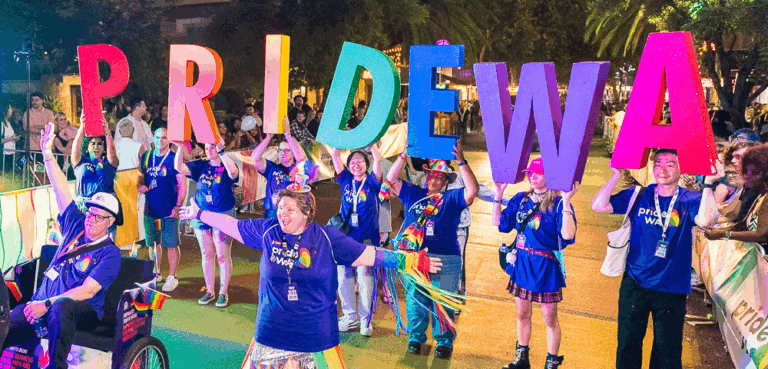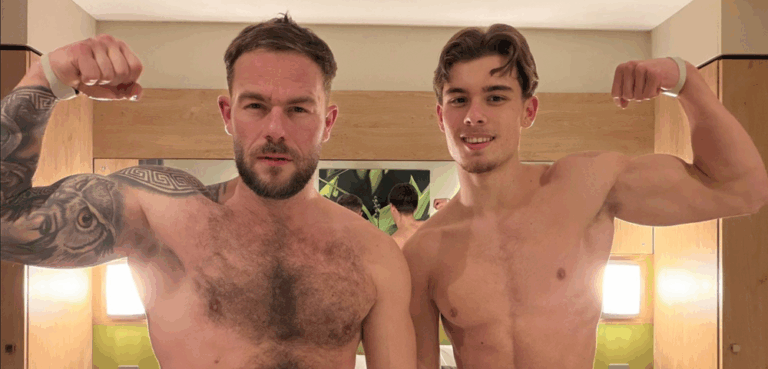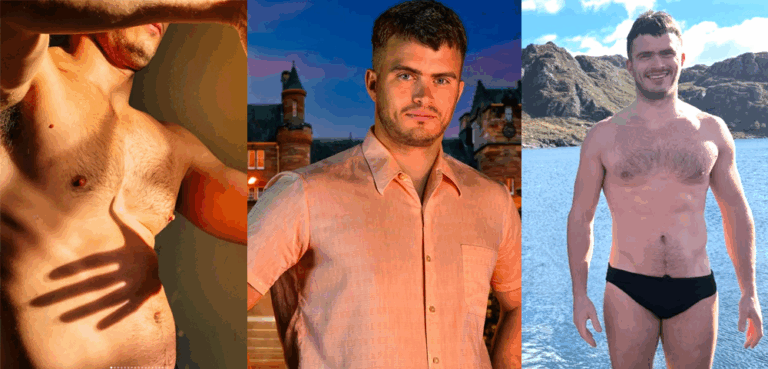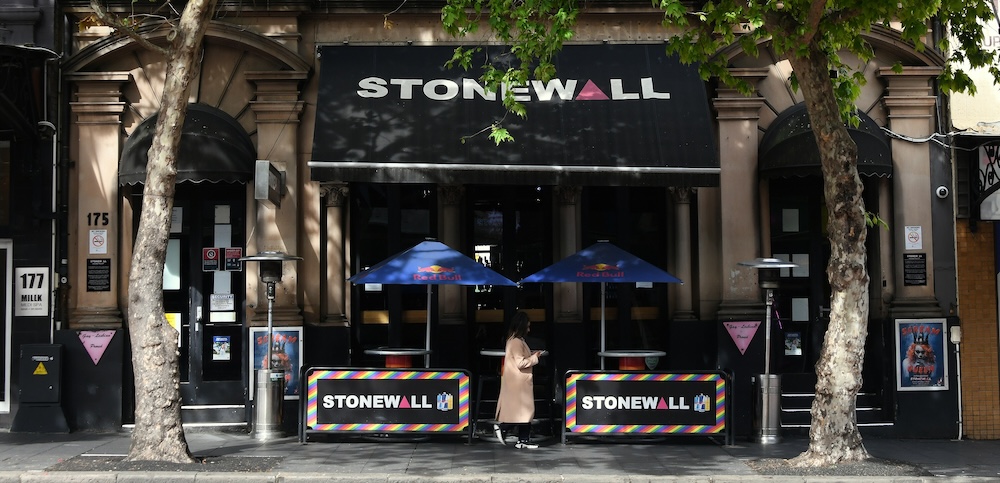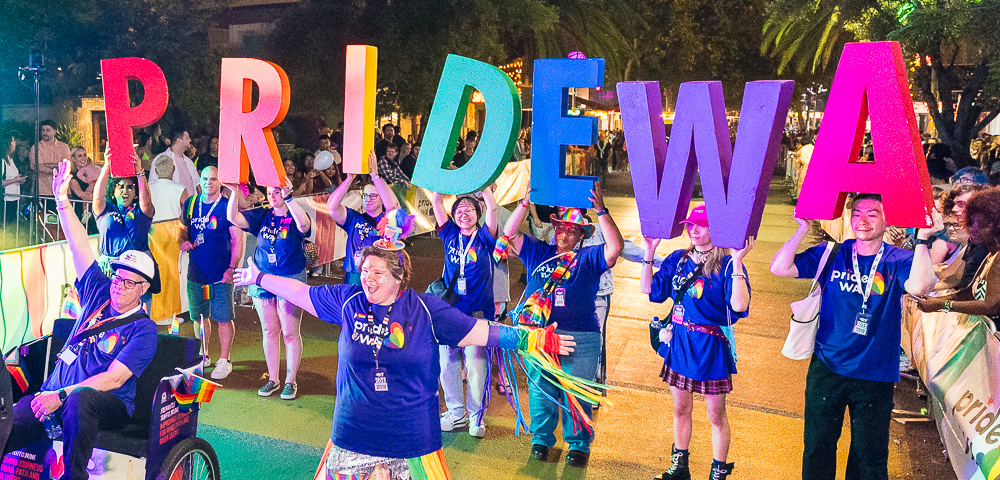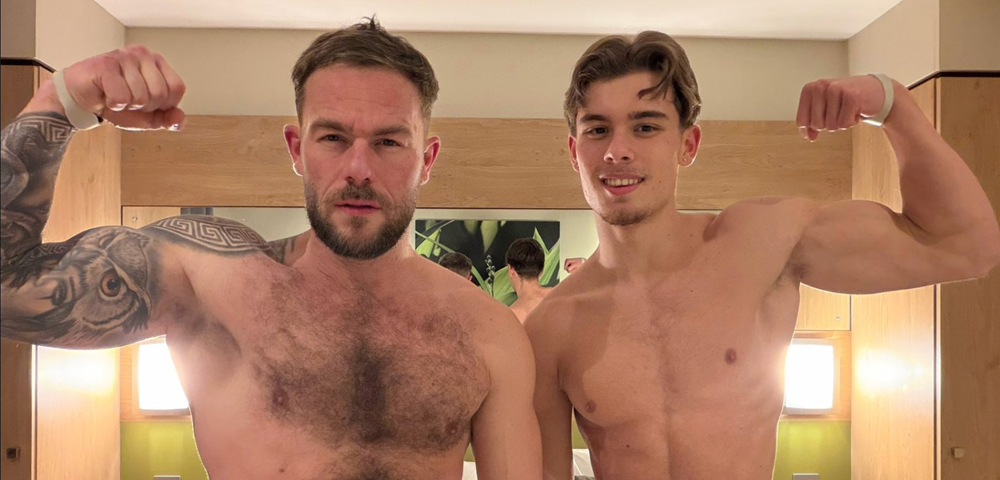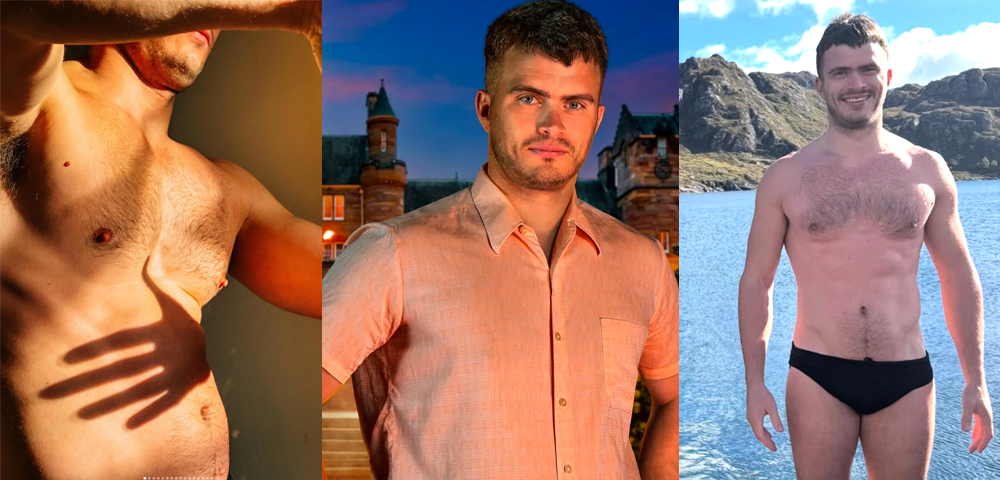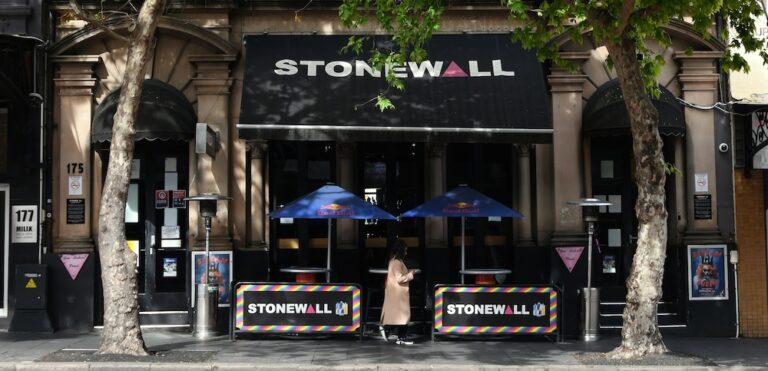
‘Coming Out In The 1970s Was Fraught With Barriers And Challenges’
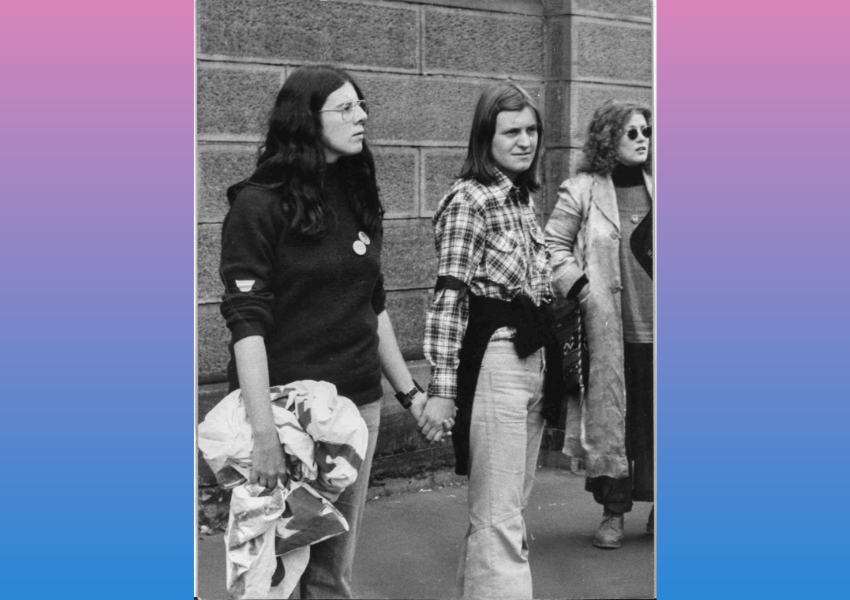
Coming out in the 1970s was fraught with barriers and challenges. There was little to encourage gay men and lesbians to publicly come out.
Sex between consenting male adults was illegal throughout Australia, with penalties of imprisonment up to 14 years (with or without whipping). Lesbians were assumed to be largely non-existent, and their occurrence treated as an aberration. There was no anti-discrimination legislation and aversion therapy aimed at “curing” lesbians and gay men was common practice.
The prevailing attitude of the time saw gay men and lesbians as perverts, mentally ill and sinners. Homosexual feelings were considered a social deviance and strongly associated with guilt and shame.
Any gay or lesbian character in a film always ended up dead. They were generally psychopaths, or committed suicide, or both. All in all, the environment was not conducive to coming out.
Fear Of Exposure And Isolation
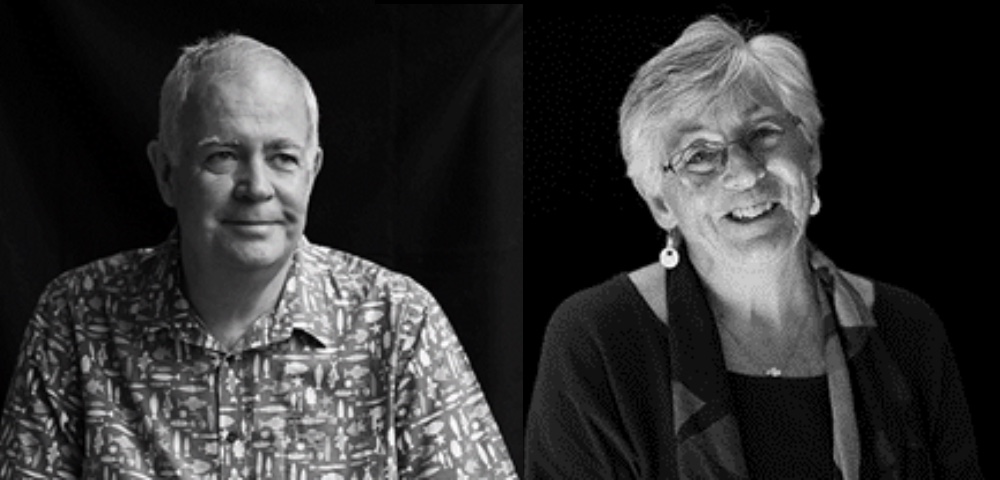
I had known I was a lesbian from an early age. I attended an all-girls Catholic parish school where I was warned of the horrors that awaited anyone that embraced “particular friendships.” I can still remember the nuns prowling the school grounds at lunchtime looking for girls sitting too close together.
Fear of exposure as well as isolation were common experiences. And until the arrival of organisations like CAMP (Campaign Against Moral Persecution) in 1970, there was no community in which gay men and lesbians could find acceptance and support.
The emergence of organisations like CAMP was a lifeline – suddenly, there was a realisation that you were not alone, that there were others just like you. This was a place where you could be yourself without judgement.
Coming Out
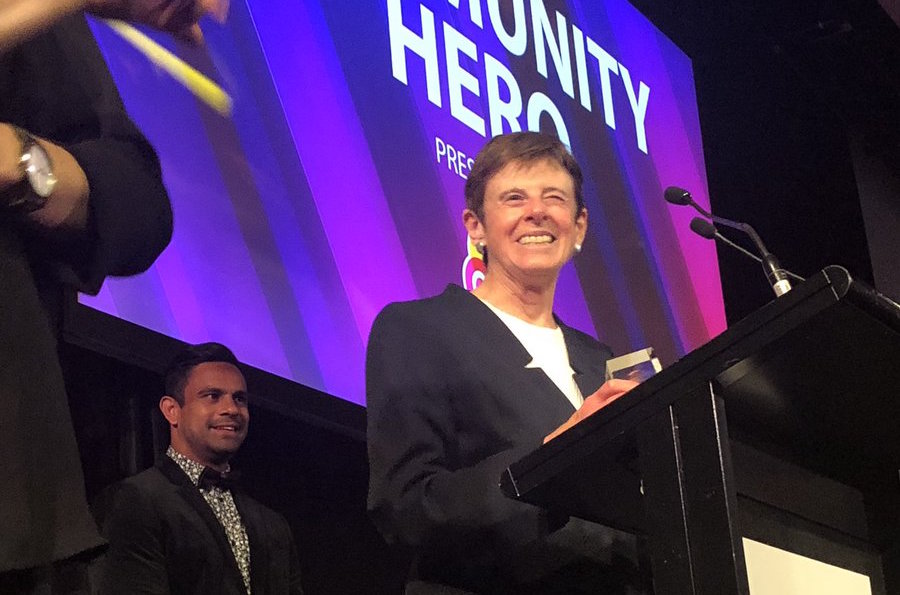
Coming out was central to our lives in the 70s. Too many people had been forced to live their lives in the closet, in sham marriages or had taken their own lives because of internalised homophobia. By proudly coming out, we created alternative futures for ourselves.
Fuelled by the international civil rights movements of the 1960s, including the Stonewall Riots of 1969, we took to the streets to demand our rights, and each time we did so we were coming out to ourselves, to each other, to shocked bystanders and to society. It was the strength of the movement of a whole that gave us the courage to continue to come out, whether this was in public or private settings.
And while coming out was not without cost in terms of loss of jobs, police violence and discrimination, we were bold and fearless with our ‘Lesbians are everywhere’ and ‘How dare you presume I’m heterosexual’ badges displayed for all to see.
Robyn Kennedy is Vice President Global Outreach and Partnership of InterPride, the international association of Pride organisers.
For 24 hour crisis support and suicide prevention call Lifeline on 13 11 14
For Australia-wide LGBTQI peer support call QLife on 1800 184 527 or webchat.
